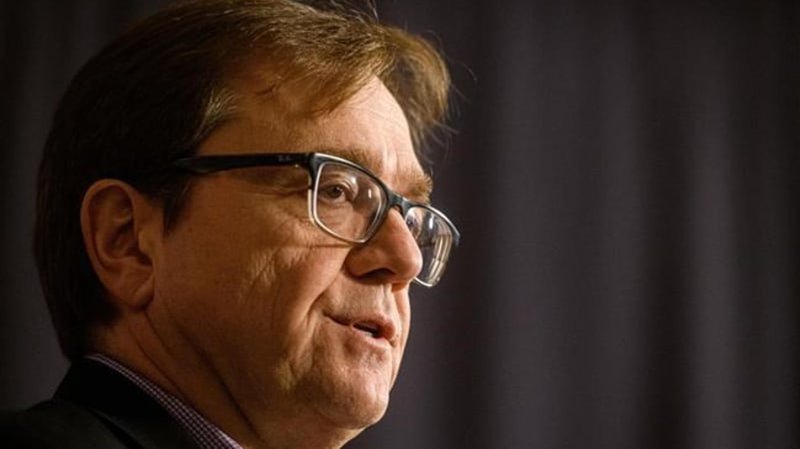
Residential school history and ‘Transplant’ success: In The News for Sept. 1
In The News is a roundup of stories from The Canadian Press designed to kickstart your day. Here is what’s on the radar of our editors for the morning of Sept. 1 …
What we are watching in Canada …
The dark heritage of Canada’s residential schools is being formally recognized as one of the events that helped shape the country.
The federal government has put residential schools on the official list of National Historic Events.


